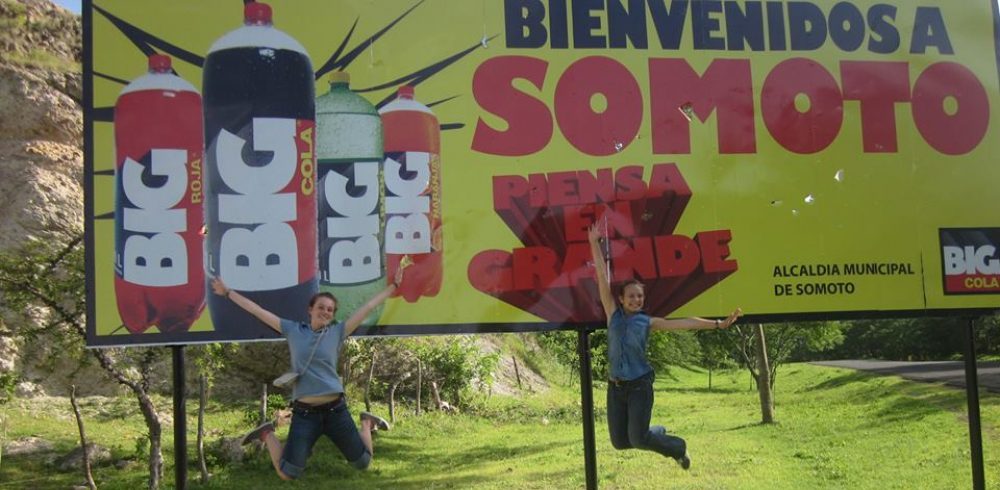I was struck by how thoughtful and deliberate all the final presentations were. For example, proposals such as locally sourced chicken feed and introducing camote to create a more nutritious diet responded directly to the needs and resources of Nicaraguan communities. I am going to discuss two of the presentations that focused on healthcare—Angela, Hana, and Dave’s on traditional medicine and Kate, Leah, and Valentina’s on maternal mental health. Both these presentations looked at marginalized groups in Nicaragua and their relationship with the healthcare system.
Angela, Hana, and Dave did a great job putting the use of natural healthcare into a larger socio-political-economic context. There are many factors that prevent an easy understanding of the benefits and limitations of traditional medicine. Tensions within indigenous groups, and the Sandinistas lack of cultural competencies, means certain groups are underrepresented and ignored. Western/”modern” science’s bias against traditional methods is confounded by the cultural differences of Nicaraguan doctors coming from the Pacific to work with indigenous populations on the East Coast. Health behavior depends location of household, ethnicity, education, and wealth and thus difficult to predict. As they note in their presentation, “Health behavior is complicated.”
It is important to honor cultural traditions, and some natural methods have proven to be very effective. But with maternal morality rates representing almost 4% of all deaths in Nicaragua along with other diseases and health challenges, traditional medicine should be integrated with modern care to produce the best health outcomes. Yet all the factors above make this very difficult. Their marginalized statues makes it harder for indigenous populations to work with the external healthcare system. Angela, Hana, and Dave proposed that one possible solution is local nurses who understand cultural practices and are willing to work with healers as well as modern medicine.
 Kate, Leah, and Valentina discussed maternal mental health. With already limited access to healthcare, mental health is scarce in Nicaragua. For rural women this is particularly true, with 55% of women in rural regions giving birth at home. This group proposes beginning a conversation about mental health among mothers and allowing them to express (through words and drawings) their feelings. Mental health is part of a healthy lifestyle and should not be overlooked simply because there are other problems with the health system.
Kate, Leah, and Valentina discussed maternal mental health. With already limited access to healthcare, mental health is scarce in Nicaragua. For rural women this is particularly true, with 55% of women in rural regions giving birth at home. This group proposes beginning a conversation about mental health among mothers and allowing them to express (through words and drawings) their feelings. Mental health is part of a healthy lifestyle and should not be overlooked simply because there are other problems with the health system.
Both indigenous populations and women face unique healthcare challenges because of their identities. These two groups did a great job exploring these obstacles to healthy living. It is important we also address the challenges only minorities face because their marginalized status often makes these problems much more difficult to solve.
